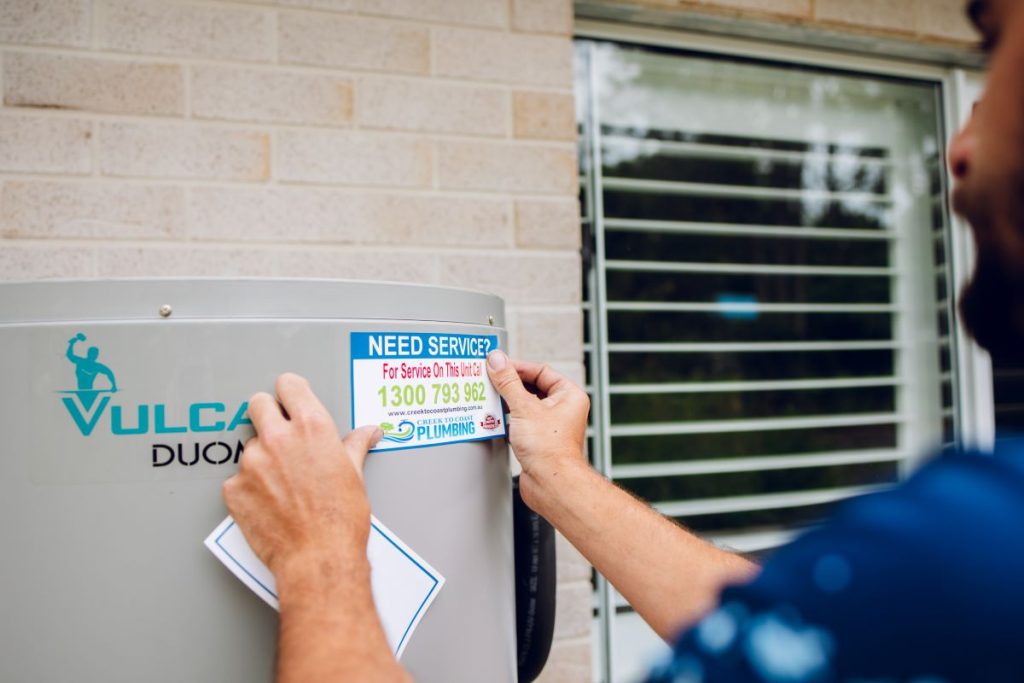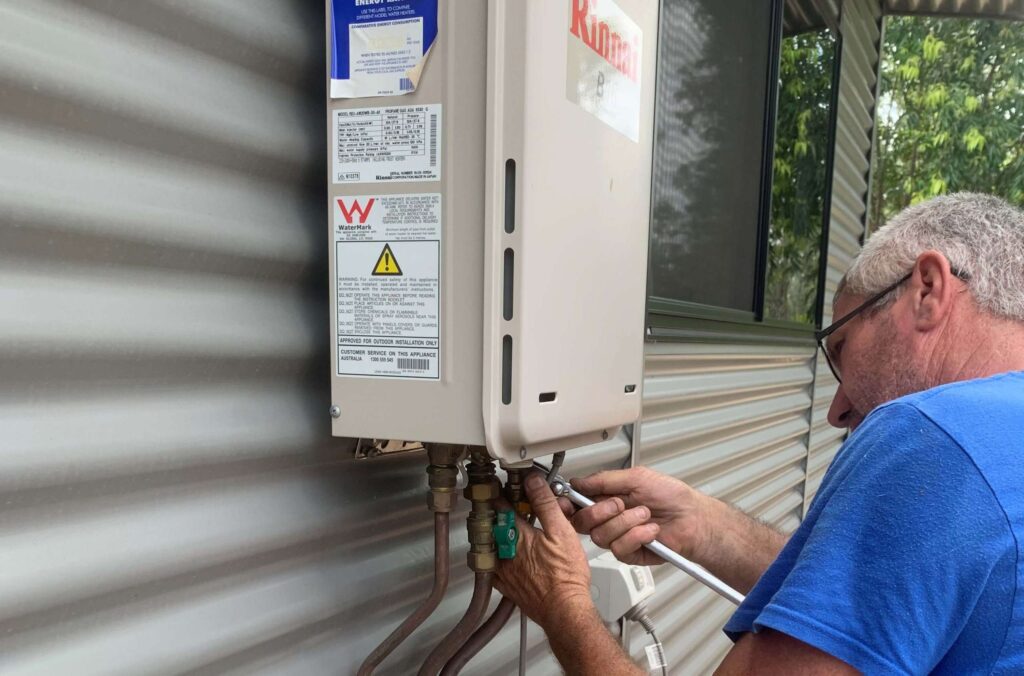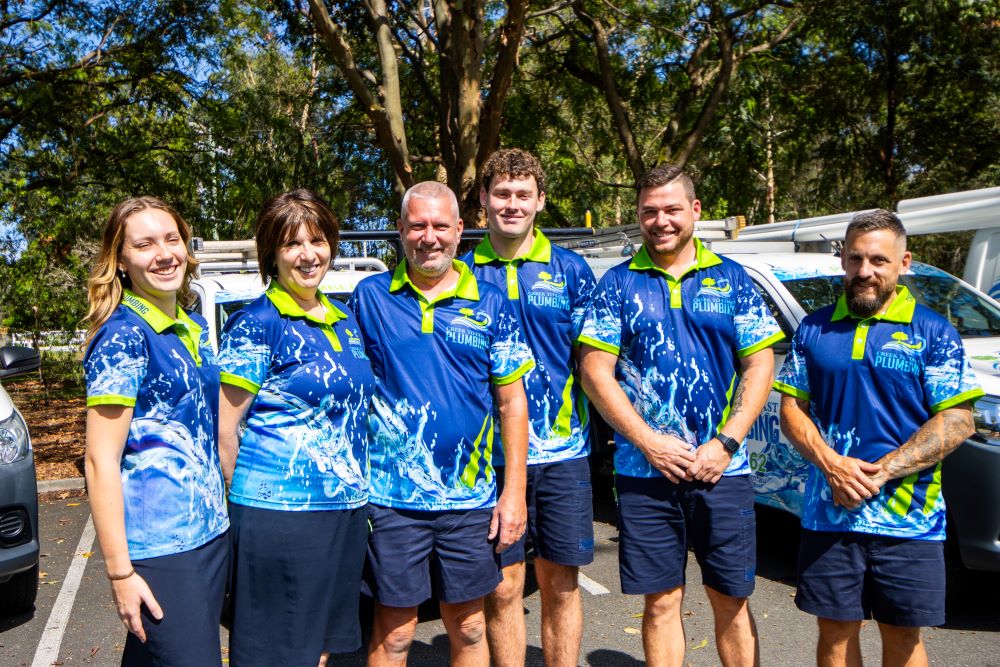If you’re considering the installation of a solar hot water system in Queensland, you may have come across the term booster systems. It’s essential to grasp their importance for homeowners. Are these boosters truly necessary for your solar hot water setup? What potential issues could arise if you decide to forgo this critical component? Addressing these questions is vital for anyone aiming to optimize their hot water efficiency and ensure a seamless experience.
The answer is a resounding yes — a booster is indeed necessary. In this comprehensive guide, we will delve into how solar hot water systems operate, the specific scenarios that activate boosters, and the essential insights homeowners in Queensland need to know to avoid unexpected cold showers and guarantee a dependable hot water supply throughout the year.

Uncover the Critical Role of Boosters in Your Solar Hot Water System
A booster serves as a secondary heat source, typically powered by electricity or gas, that adds efficiency to your water supply by heating it when solar energy is lacking. This feature is crucial for ensuring you have a steady supply of hot water during various circumstances, including:
- Overcast or rainy days when solar energy generation is limited
- Early mornings or late evenings when sunlight is scarce
- Winter months with shorter daylight hours that hinder solar gain
- High-demand situations, such as during multiple showers or laundry cycles
Without a booster, your solar hot water system may find it challenging to provide consistent hot water, especially during peak usage times or unfavorable weather conditions. Thus, comprehending the function of a booster is indispensable for maximizing your hot water experience effectively.
Deciding Between Electric and Gas Boosters for Maximum Efficiency
Electric Boosters are often found in homes that rely entirely on electricity. These systems automatically heat the water whenever solar input drops below a specified level. Advantages of electric boosters include:
- Widely accessible and easy to install, making them a favored choice
- Lower initial installation costs compared to gas systems
- Automatically operates to ensure hot water availability, enhancing user convenience
- Possibly higher operational costs, which can fluctuate based on your energy tariff
Gas Boosters, on the other hand, are typically preferred in residences that already have a gas supply. They provide on-demand heating, activating only when hot water is required. The benefits of gas boosters encompass:
- Rapid and efficient heating capabilities, delivering hot water swiftly
- Generally lower operational costs compared to electric boosters, potentially leading to savings
- Higher initial installation costs if a gas connection is not already established
For households with continuous-flow requirements or those transitioning from off-grid solar systems, we highly recommend considering gas boosters for their efficiency and performance advantages.
Understanding How Solar Boosters Integrate Seamlessly with Your Hot Water System
Most solar hot water systems come equipped with a thermostat or sensor that continuously monitors the water temperature. If the temperature dips below the necessary level—typically set at 60°C for health compliance—the booster automatically engages to guarantee that you always have access to hot water, irrespective of external factors.
Homeowners have two options to choose from:
- Manual Boosting: This option allows you to control when to activate the booster system, providing flexibility based on your needs.
- Automatic Boosting: The system activates the booster only when necessary, delivering enhanced convenience for users.
In Queensland, automatic boosters are more frequently utilized due to their compliance with local regulations and the convenience they offer homeowners, ensuring peace of mind regarding hot water availability.

Essential Regulations Impacting Solar Hot Water Systems in Queensland
Indeed, in accordance with the Queensland plumbing regulations, it is mandatory for a compliant solar hot water system to reliably deliver hot water all year round. This requirement inherently indicates that a booster is essential for compliance.
This regulation also serves as a critical safety standard. To mitigate the risk of harmful bacteria growth, such as Legionella, hot water must consistently reach at least 60°C. Without a booster, maintaining this temperature can be difficult, especially during cloudy or cold days when solar input is inadequate.
Identifying Common Issues with Your Solar Booster System
How can you tell if your booster is malfunctioning? Keep an eye out for these common indicators:
- Water that remains lukewarm during the colder winter months
- Experiencing cold showers in the mornings, even after sunny days
- System fault lights or error codes appearing on your unit, suggesting potential problems
- Hot water only available after extended exposure to sunlight, indicating inadequate heating
What steps should you take?
If your system is not functioning as it should, the issue may lie with the booster rather than the solar panels themselves.  Schedule a thorough system check with our professional team to efficiently identify and resolve any issues.
Schedule a thorough system check with our professional team to efficiently identify and resolve any issues.
Recommended Service Intervals for Optimal Solar Booster Maintenance
To ensure your solar system and booster function at their best, we recommend scheduling maintenance every 2–3 years. However, you may need to arrange for servicing sooner if you notice:
- Your system is older than five years, which can lead to decreased efficiency
- Inconsistent water temperatures, suggesting possible malfunctions
- A significant duration has passed since the inspection of the anode rod or valve, which can impact performance
Regular maintenance not only helps prevent breakdowns but also ensures that your booster activates when necessary, providing you with consistent hot water when you need it the most.
Assessing How Boosters Influence Your Energy Costs
A properly installed and well-maintained booster system usually has a minimal effect on your energy expenses, particularly when compared to systems that depend entirely on electricity for heating water.
To reduce the frequency of booster usage and associated costs, consider implementing the following strategies:
- Install a timer for manual boosters to optimize energy consumption efficiently
- Utilize hot water primarily during daylight hours when solar energy is plentiful and cost-effective
- Insulate your plumbing to reduce heat loss, enhancing overall efficiency
Professional Assistance for Your Solar Booster Needs in Queensland
We provide extensive services for the supply, installation, and maintenance of solar hot water systems with boosters throughout Caboolture, Moreton Bay, and North Brisbane. If you’re unsure about the functionality of your booster or need help determining the best type for your system, we are here to guide you through your options.
 Reach out to a licensed solar plumber today for expert advice regarding your system.
Reach out to a licensed solar plumber today for expert advice regarding your system. Explore detailed cost comparisons and various system options here to make an informed decision.
Explore detailed cost comparisons and various system options here to make an informed decision.

Frequently Asked Questions About Solar Boosters Addressed
Can I disable my booster to save energy?
Yes, you can disable it, but this is only advisable if your system allows for manual control. However, proceed with caution—without proper monitoring, the risk of experiencing cold water increases significantly, especially during peak demand times.
What is the ideal temperature for hot water?
Hot water should reach at least 60°C for storage systems. This temperature is not just a legal requirement; it is also a critical health standard in Queensland to ensure safety and prevent bacterial proliferation.
Is it possible to add a booster to an existing solar system?
Certainly! We can retrofit boosters onto compatible systems or assist you in upgrading to a new model that features integrated control for improved functionality and efficiency.
The Article: Solar Hot Water Systems: Is a Booster Necessary? first appeared on https://writebuff.com
The Article Booster for Solar Hot Water Systems: Is It Needed? Was Found On https://limitsofstrategy.com


No responses yet